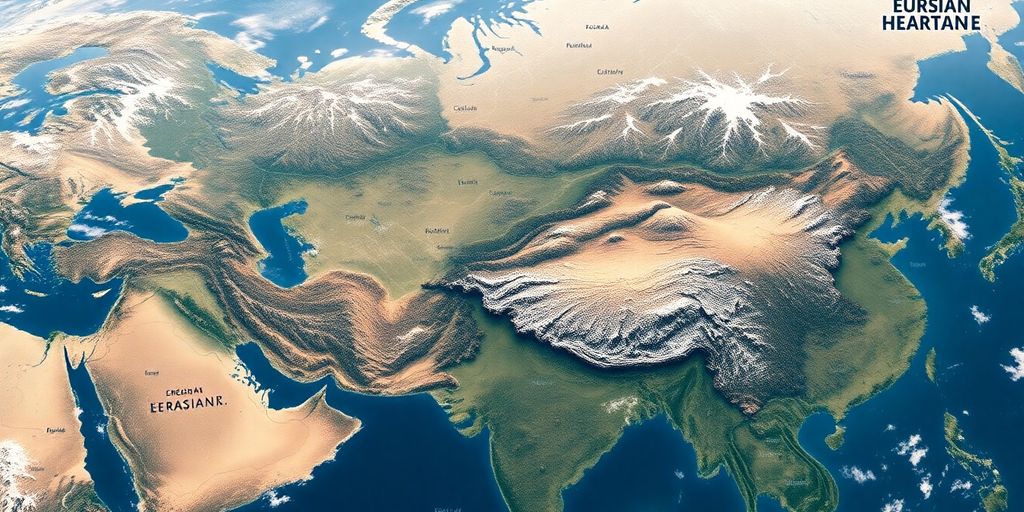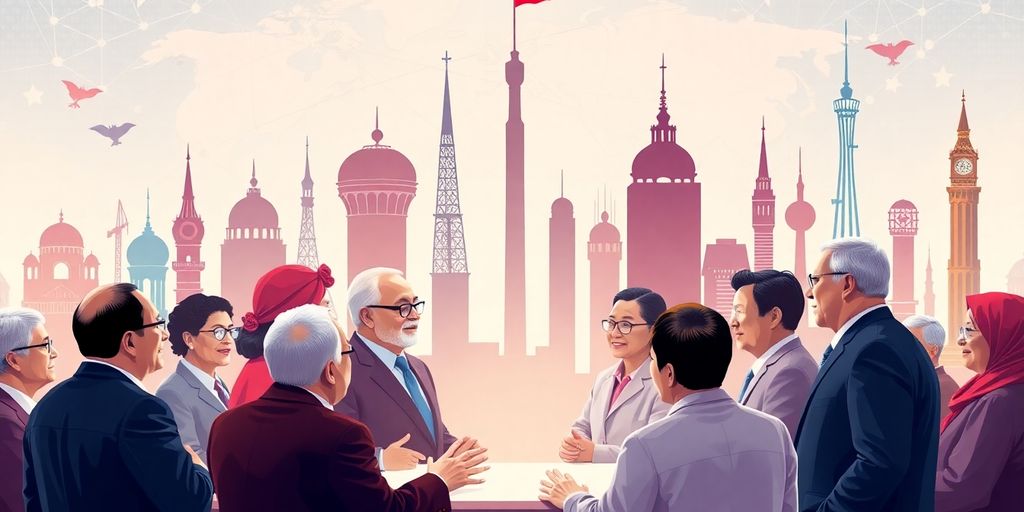Understanding the Taiwan-China Issue: Insights from George Yeo
The Taiwan-China relationship is a complex and evolving narrative deeply intertwined with global geopolitics. George Yeo, Singapore’s former foreign minister, offers a unique perspective on this critical issue. His insights shed light on the broader implications of Taiwan’s status amidst the ongoing U.S.-China rivalry. This blog explores Yeo’s thoughts on the importance of timely negotiations, the military dynamics at play, and the potential paths forward for Taiwan.
The Urgency of Negotiation
Yeo emphasizes the necessity for Taiwan to engage in negotiations with mainland China sooner rather than later. The rationale is straightforward: waiting could weaken Taiwan’s negotiating position. He poses a thought-provoking question: what will the geopolitical landscape look like in 20 or 40 years? The longer Taiwan postpones dialogue, the more precarious its situation may become.
Historical Context
The historical backdrop of U.S.-China relations provides valuable context. Yeo reminds us that during the Korean War, the U.S. intervened to keep Taiwan and China apart. Similarly, Henry Kissinger’s negotiations for normalizing relations with China often circled back to Taiwan, highlighting its centrality in U.S.-China dynamics. Taiwan is not simply a bargaining chip; it is a matter of national pride and sovereignty for China.
The Military Calculus
As tensions mount, both the U.S. and China are preparing for potential conflict scenarios. Yeo outlines the military strategies being formulated on both sides, particularly focusing on the capabilities of the Chinese military. The introduction of hypersonic missiles by China has shifted the balance, making conventional warfare uncertain for the U.S.
Submarine Warfare and Deterrence
Yeo points out that the South China Sea, with its deep waters, is crucial for Chinese submarines. The U.S. must consider its strategies in light of these developments. The challenge lies in deterring China while ensuring that American aircraft carriers can operate safely. The potential for nuclear escalation complicates the military landscape, making strategic thinking vital for both nations.
The Status Quo: A Ticking Bomb
Maintaining the status quo is seen as a risky proposition. Yeo argues that it is a “ticking bomb” that could lead to increased pressure on Taiwan from China. He cites the growing military capabilities of China and the corresponding need for Taiwan to reassess its position. The political, military, and economic pressures on Taiwan are bound to intensify if it remains passive.
The Dangers of Waiting
Some Taiwanese hope that by delaying negotiations, internal strife within China might create an opportunity for independence. However, Yeo cautions against basing policy on such uncertain outcomes. The risk of miscalculating the situation could lead to catastrophic consequences for Taiwan and the broader region.
Negotiation Pathways
Yeo advocates for earlier negotiations, drawing on historical precedents like the Free Trade Agreement under President Ma. He believes that open dialogue can pave the way for a more secure future for Taiwan. The key is to find a mutually acceptable framework that recognizes the complexities of both sides.
Ambiguity as a Strategy
One of the intriguing concepts Yeo introduces is “ambiguity.” He suggests that both China and Taiwan could benefit from maintaining some degree of ambiguity in their negotiations. This could allow for flexibility without sacrificing essential principles. The DPP’s constitutional stance on independence complicates this, but finding common ground is crucial.
Looking Towards the Future
Yeo envisions a possible “Chinese Commonwealth” that allows both sides to cooperate on various issues without the need for a common executive. This would enable Taiwan to maintain its unique identity while fostering a collaborative relationship with China. He draws parallels to historical examples like the Icelandic Althing, emphasizing the importance of dialogue over confrontation.
The Value of Taiwan
For any agreement to work, Taiwan must remain valuable to mainland China. Yeo highlights Taiwan’s unique qualities—its educated populace, cultural richness, and economic strengths, particularly in semiconductors. These attributes make Taiwan an essential player in the regional and global landscape.
Conclusion: A Call for Action
George Yeo’s insights into the Taiwan-China issue underscore the importance of proactive engagement. As both sides navigate a complex geopolitical landscape, timely negotiations could lead to a more stable future. The stakes are high, not just for Taiwan and China, but for the entire region and beyond.
In a world increasingly defined by interdependence, fostering dialogue and understanding is more crucial than ever. The future of Taiwan may well depend on its ability to negotiate its position amidst the shifting sands of international relations.








Responses